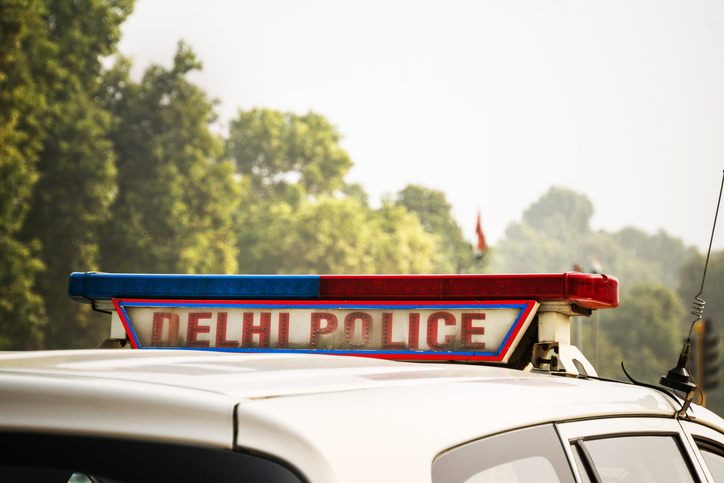In two separate incidents, six individuals, including four members of a family, have lost their lives reportedly due to inhaling toxic fumes emitted from coal braziers in the national capital.
Delhi is currently grappling with harsh cold conditions, with the minimum temperature plummeting to 3.5 degrees Celsius on Sunday morning, marking the lowest point this winter.
In the first incident, two children were among the victims in the Alipur area of outer north Delhi, according to police reports. The deceased have been identified as Rakesh (40), a water tanker driver, his wife Lalita (38), and their two sons Piyush (8) and Sunny (7), , as confirmed by officials on Sunday.
The authorities were alerted to the situation when a PCR call was received at Alipur police station around 7 am, reporting an unconscious person in Khera Kalan village. Responding swiftly, police teams discovered that the room was locked from the inside. Breaking a glass window, they gained access and found the family unconscious. Despite being rushed to the hospital, doctors declared all four individuals dead.
A subsequent investigation by the forensic and crime teams revealed the presence of a coal brazier (angithi) in the room. Preliminary findings suggest that the cause of death was suffocation, leading the police to initiate further proceedings under section 174 of the CrPC.
In a parallel incident in Inderpuri, west Delhi, two men of Nepalese origin were found dead in their room, allegedly succumbing to toxic fumes from a coal brazier. The victims were identified as Ram Bahadur (57), a professional driver, and Abhishek (22), employed as a domestic help.
Authorities received a distress call at 8:30 am reporting that the occupants of a rented house were unresponsive. Upon forcing entry into the locked third-floor room, police discovered the two men unconscious. Despite being rushed to a nearby hospital, both were declared dead by medical professionals.
A coal brazier with burnt residue was found in the room, and the closed window suggested limited ventilation. No visible injuries were observed on the bodies. The police have initiated further investigations and legal proceedings under section 174 of the CrPC in this case as well.
(With PTI inputs)





